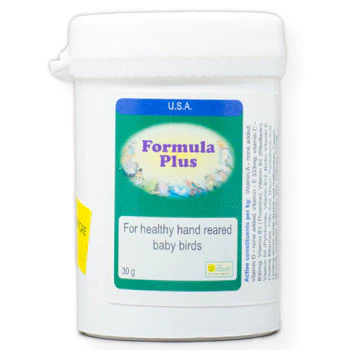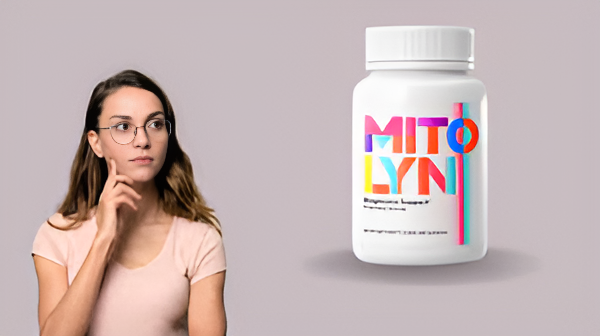When selecting a health insurance policy, understanding the claim settlement ratio of health insurance companies is crucial. This metric indicates an insurer’s reliability in settling claims, giving you insight into their trustworthiness during medical emergencies. For individuals and families relying on health insurance, choosing a company with a strong claim settlement record is a key factor in ensuring financial security and peace of mind.
What is the Claim Settlement Ratio?
The claim settlement ratio (CSR) is a percentage that reflects the number of claims an insurer has settled out of the total claims received during a financial year. For example, if an insurance company receives 1,000 claims and successfully settles 950, their CSR is 95%. A higher CSR is generally a good sign, indicating the insurer’s efficiency and commitment to processing claims.
Why is the Claim Settlement Ratio Important?
1. Reliability in Settling Claims
- A high CSR signals that the insurer honours a majority of claims, offering reassurance to policyholders. This is particularly crucial when opting for family health insurance, which often involves claims for multiple members with varying medical needs.
2. Trust and Transparency
- The claim settlement ratio helps build trust between the insurer and the policyholder, ensuring you feel secure about your choice during critical times.
3. Simplifies Comparisons
- Comparing the CSR of different health insurance companies enables you to narrow down your options and choose an insurer with a proven track record.
Factors to Consider Alongside CSR
While CSR is a valuable metric, it shouldn’t be the sole deciding factor when choosing an insurance provider. Here are additional aspects to evaluate:
1. Time of Claim Settlements
- Even if an insurer has a high CSR, delayed claim settlements can create unnecessary stress during emergencies. Ensure the company is known for processing claims efficiently.
2. Nature of Claims Settled
- A high CSR might include many smaller or routine claims. Check if the insurer is experienced in handling large or complex claims, particularly for treatments typically covered under family health insurance plans.
3. Network Hospitals
- A wide network of cashless hospitals ensures convenience during emergencies. Verify that the insurer’s network includes reputable hospitals near your location.
4. Customer Service Quality
- Reliable customer support can make a significant difference when dealing with claims. Opt for insurers known for responsive and supportive service teams.
How to Check the Claim Settlement Ratio of Health Insurance Companies
1. Visit the Insurance Company’s Website
- Most insurance providers publish their claim settlement ratio of health insurance companies in annual reports available on their official websites.
2. Refer to IRDAI Reports
- The Insurance Regulatory and Development Authority of India (IRDAI) releases an annual report detailing the CSR of all registered insurance companies. This is a reliable source for accurate data.
3. Use Comparison Portals
- Online platforms allow you to compare CSR figures alongside other policy features, making it easier to evaluate insurers.
4. Consult Insurance Experts
- Advisors or brokers can help interpret CSR data and provide recommendations tailored to your needs.
Tips for Choosing the Right Family Health Insurance Plan
When purchasing family health insurance, CSR is just one of several factors to consider. Follow these tips for a comprehensive evaluation:
1. Assess Coverage Benefits
- Ensure the policy covers hospitalisation, pre- and post-hospitalisation expenses, daycare treatments and chronic conditions.
2. Check Waiting Periods
- Waiting periods for pre-existing conditions or specific treatments can vary. Choose a plan with shorter waiting periods for greater convenience.
3. Review Add-On Options
- Riders such as critical illness coverage or maternity benefits can enhance the scope of your health insurance plan.
4. Compare Premiums and Benefits
- Evaluate premiums in relation to the coverage offered to ensure you get the best value for your investment.
Common Misconceptions About CSR
1. A High CSR Guarantees Quick Claims
- While a high CSR indicates reliability, the time taken to process claims depends on the insurer’s systems and processes.
2. All Claims Are Treated Equally
- CSR figures may include minor claims. It’s important to assess how the insurer handles complex or high-value claims.
3. CSR Alone Determines a Good Insurer
- CSR is one of many metrics to consider. Customer reviews, claim handling processes, and hospital network size are equally important.
Conclusion
The claim settlement ratio of health insurance companies is a vital metric that provides insight into an insurer’s reliability and efficiency. For those purchasing family health insurance, a high CSR ensures that medical emergencies are met with prompt financial support.
However, it’s equally important to evaluate factors like claim timelines, customer service, and policy coverage to make an informed decision. By analysing these aspects carefully, you can select a health insurance provider that offers security and peace of mind for your family’s healthcare needs.



